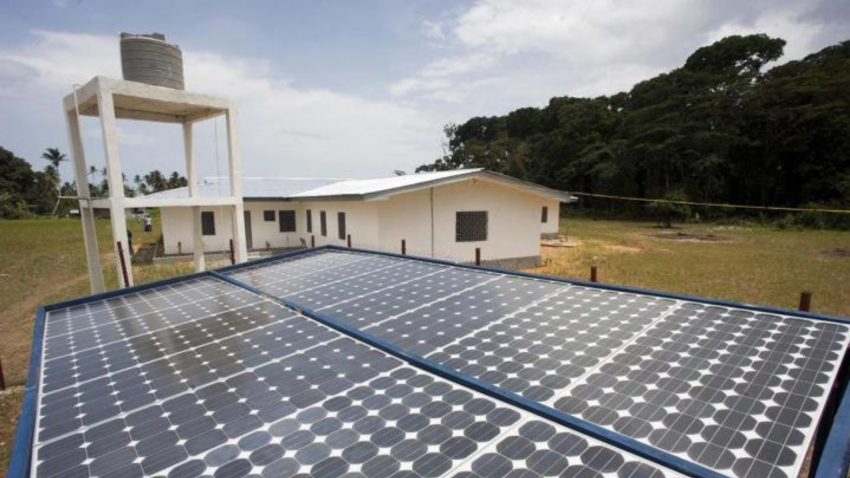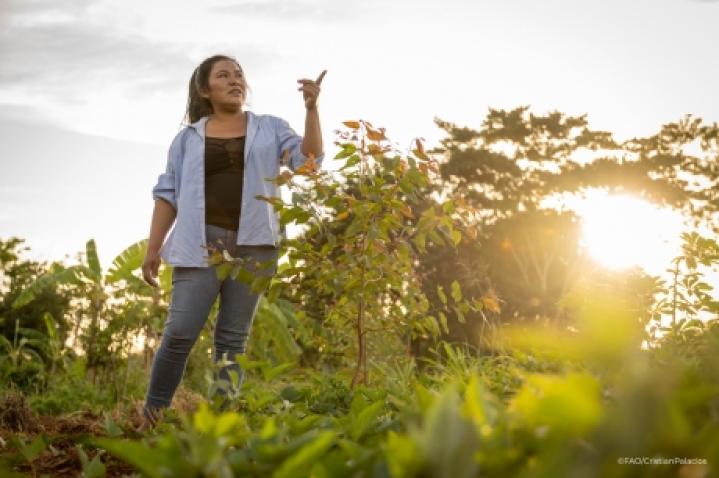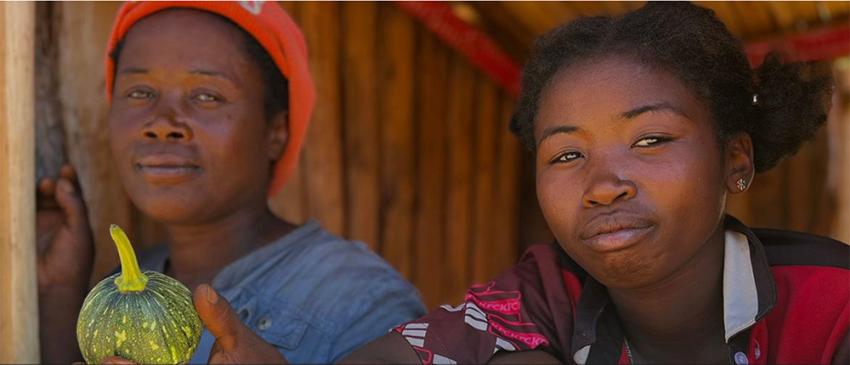According to an International Labor Organization (ILO) report, 24 million new jobs will be created globally by 2030, provided sustainable practices are adopted and implemented.
Doing so will also enable millions of people to overcome poverty and enjoy improved livelihoods, in line with one of the aims of the Paris Agreement which underscores the commitment by nations to a just transition and the creation of decent work and green jobs. While there will be some loss of employment—mostly in the petroleum industry—this would be offset by jobs created in renewable energies and transitioning to a circular economy, the report says.
In the developing world, where the poor are most affected by the impact of climate change, ILO works to advance and mainstream environmentally sound social and economic development through the promotion of green jobs and increase income-generating opportunities. In rural Zambia, the Green Jobs Programme gave poor subsistence farmers a new way of life and helped them increase productivity. Using green technology, women learned how to build houses, building eighteen in five months. Because many live off the grid, and Zambia suffers from an energy crisis, many people never had electricity. The programme trained women in solar panel assembly and installation, which they installed in the newly built homes. These are life-changing skills that benefit the whole community, and reduce the impact on the environment.
In Sri Lanka, already ranked as the fourth most vulnerable country in the world to the impact of climate change, the relentless floods of 2016 and 2017 severely damaged the tea-growing regions, a source of income for many. In 2018, the ILO collaborated with the national and local government to develop a model to alleviate the impact on livelihoods of severe weather through better management of available water resources. The project, which falls under ILO’s flagship programme, Jobs for Peace and Resilience is a model which ILO hopes will be adopted by development partners to replicate in other regions of drought- and flood-affected areas in Sri Lanka and elsewhere.
In rural Egypt, an ILO shared initiative with the local government and university implemented a pilot project in which poor farmers were taught how to make biogas from the manure of their livestock which, in turn, provided an affordable source of energy and fertilizer, and increased income and crop production. The programme also created jobs for recent graduates who conduct training in the villages on how to make the biogas while promoting environmentally sustainable technologies.



